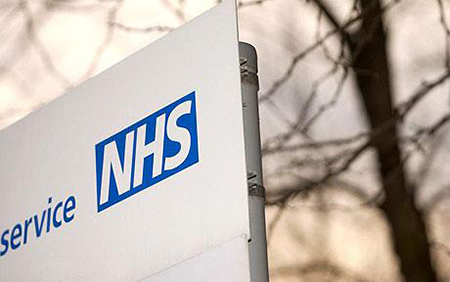The collaboration will address issues of health inequalities through improvements in public health and chronic disease interventions
Researchers at the University of Liverpool in partnership with the Liverpool Clinical Commissioning Group (CCG) have been awarded £9 million, as part of a £124 million programme to help tackle some of the nation’s most pressing health problems.
Universities, NHS organisations, and Local Authorities along the North West coast have come together and invested a further £12.5m, to support research that improves services for patients.
Innovative techniques and treatments
Health Minister, Lord Howe announced the investment, which is supported by the National Institute for Health Research (NIHR). It will help ensure patients benefit from innovative new treatments and techniques which could revolutionise future health care.
Scientists at the University’s Institute of Psychology Health, and Society, in collaboration with Lancaster University and the University of Central Lancashire, will address issues of health inequalities through improvements in public health and chronic disease interventions. The Liverpool team, led by Professor Mark Gabbay, will investigate how to improve mental health care and new ways of working with NHS organisations in delivering health programmes.
Professor Ian Greer, Pro-Vice-Chancellor for the Faculty of Health and Life Sciences, said: “This investment shows the commitment to supporting the development of innovative and quality services that will reduce health inequalities in England.
Researchers from across the country were invited to bid for the funding, which has been provided by the Department of Health, to address long term conditions and public health challenges.
Dr Nadim Fazlani, Chair of Liverpool CCG said: “Liverpool has some of the most demanding health challenges in England. This funding ensures we can meet these challenges head-on and start to plan effective treatments and techniques which will greatly improve the quality of life of patients in the city, ensuring they are healthier and happier.”
Lord Howe, Health Minister said: “This is great news for patients – this funding could potentially help the development of ground breaking treatments which could revolutionise care.
“With a growing elderly population, the need for innovative and effective solutions has never been more important.”
Ground-breaking work
The successful teams are now known as NIHR Collaborations for Leadership in Applied Health Research and Care (CLAHRCs).
Professor Dame Sally C. Davies, Chief Medical Officer and Chief Scientific Advisor at the Department of Health, said: “Supporting our leading researchers is so important and these NIHR CLAHRCs will link the NHS, universities, and other relevant organisations providing care for patients in what will be ground-breaking work to improve the lives of thousands of patients across the country.”
The researchers within the new CLAHRCs will also work closely with industry, such as pharmaceutical companies, software companies and medical device manufacturers as they look for ground breaking ways to improve patient care.
